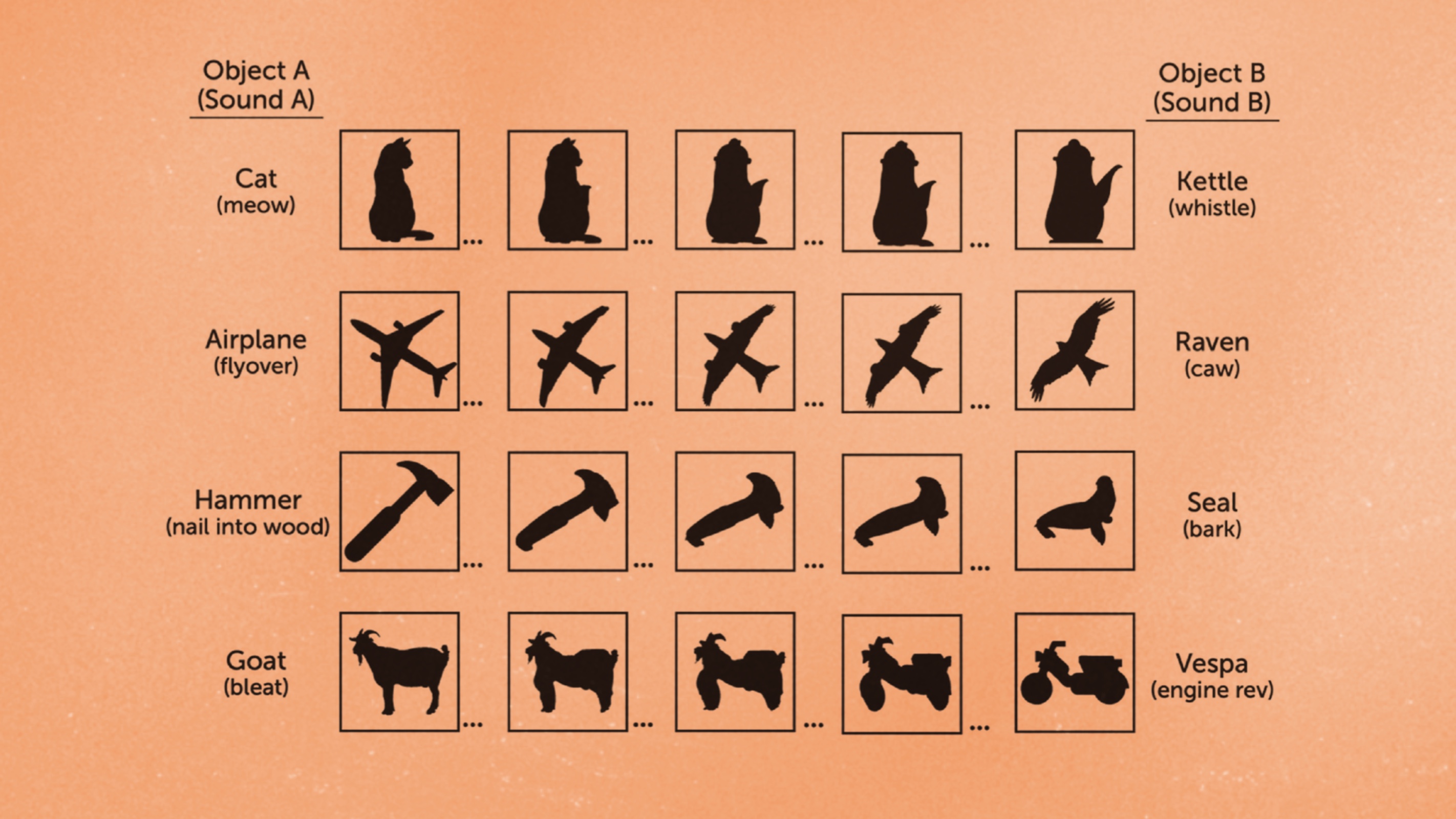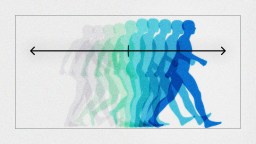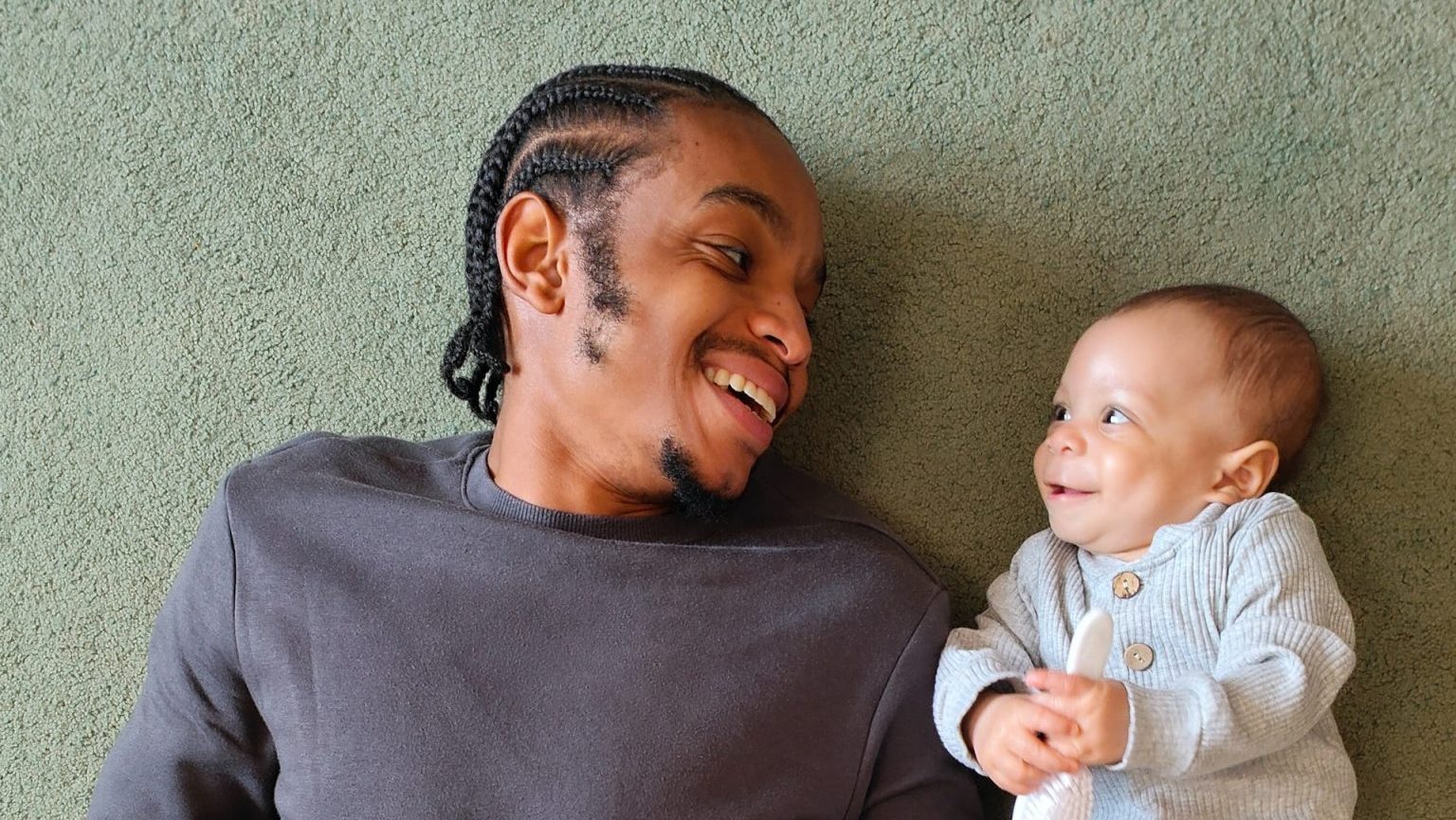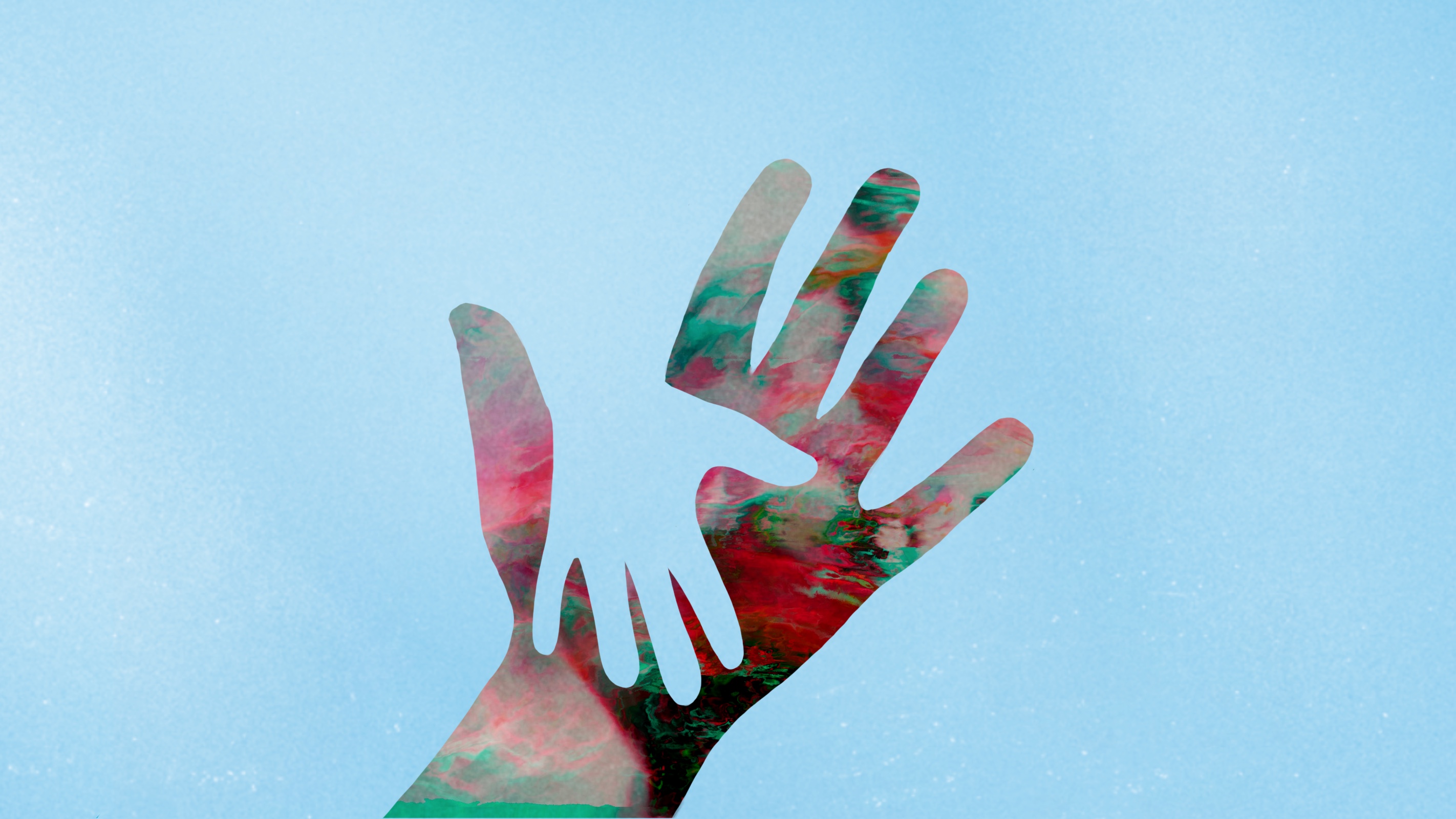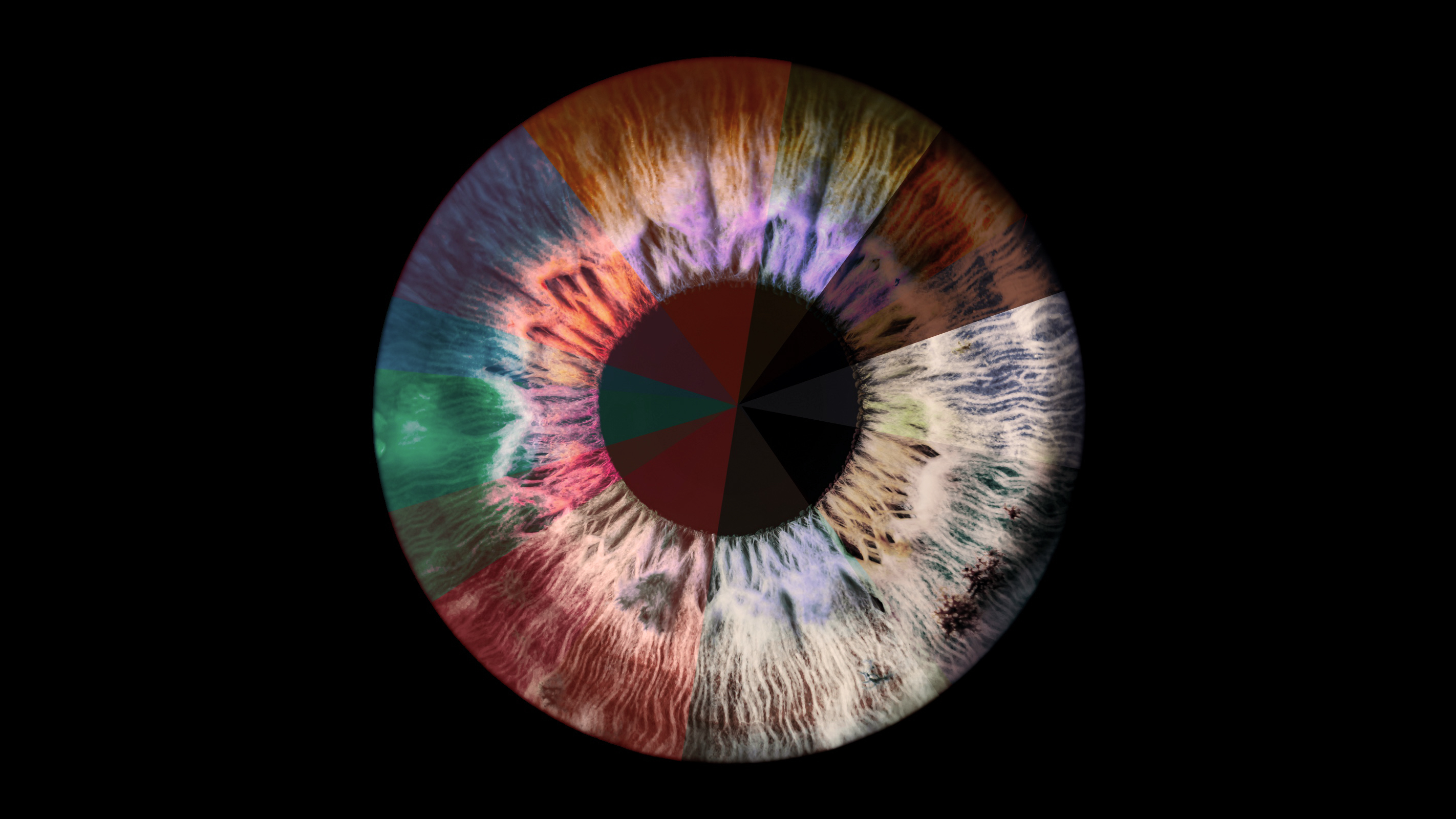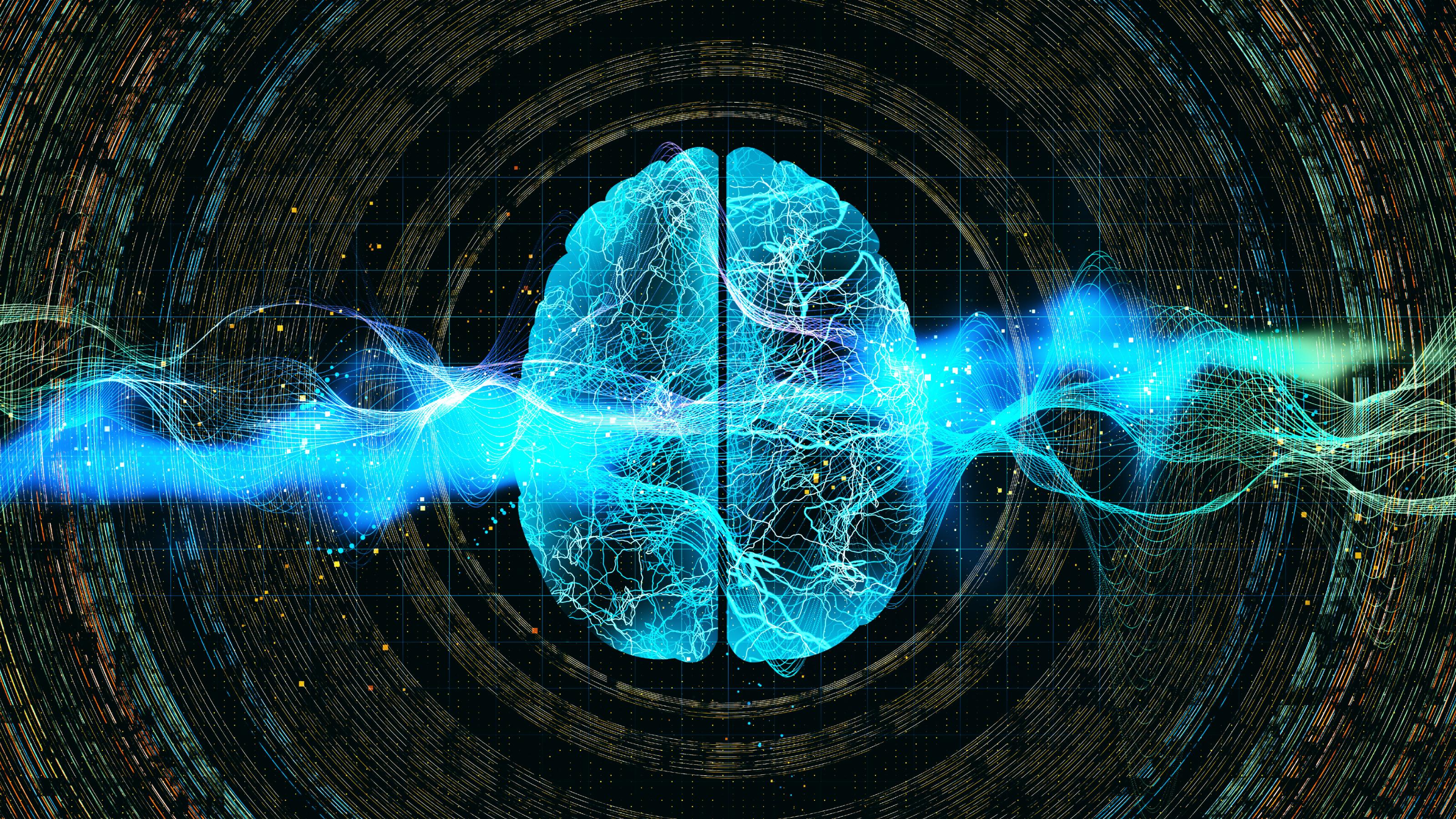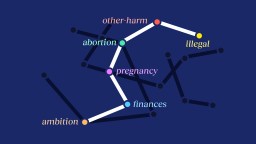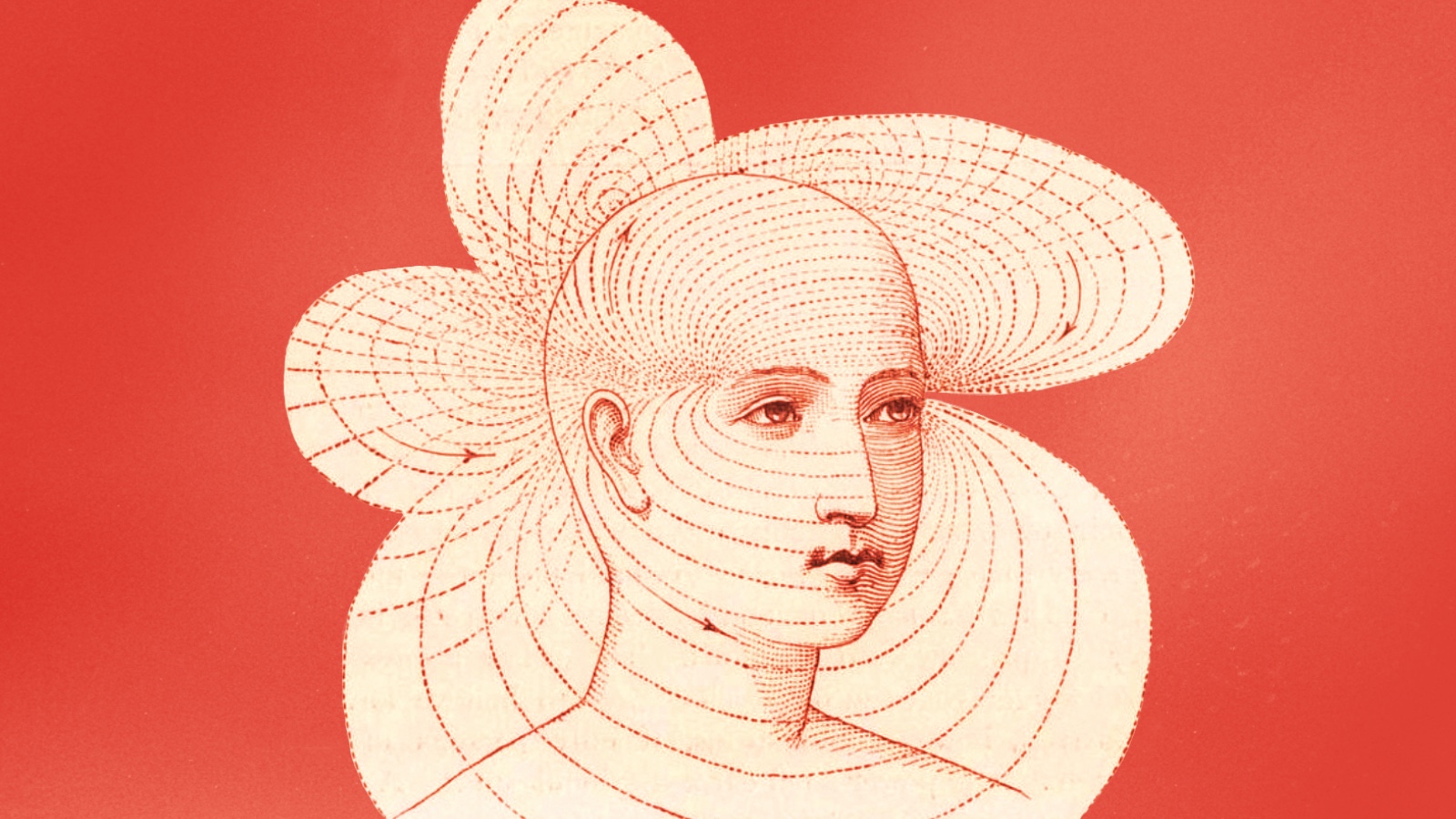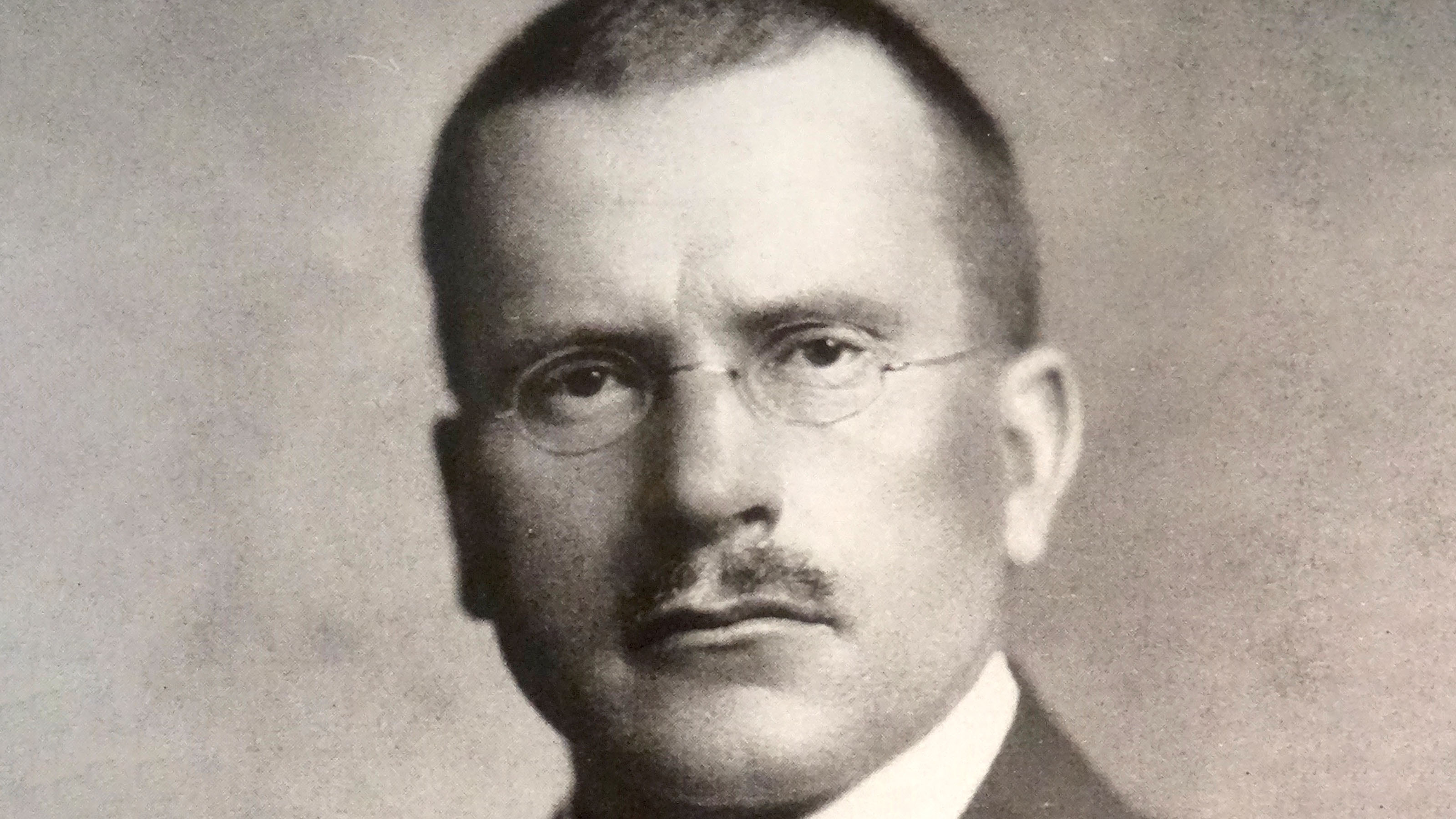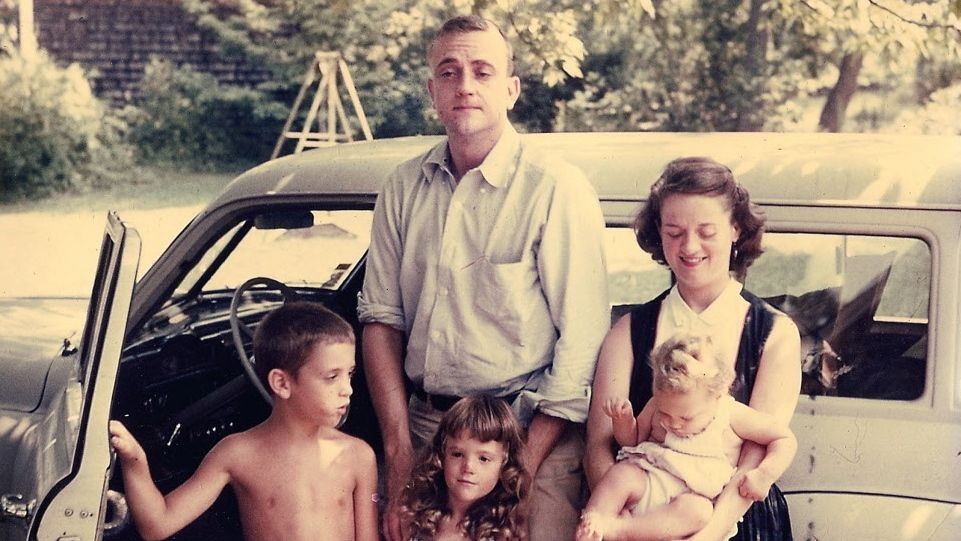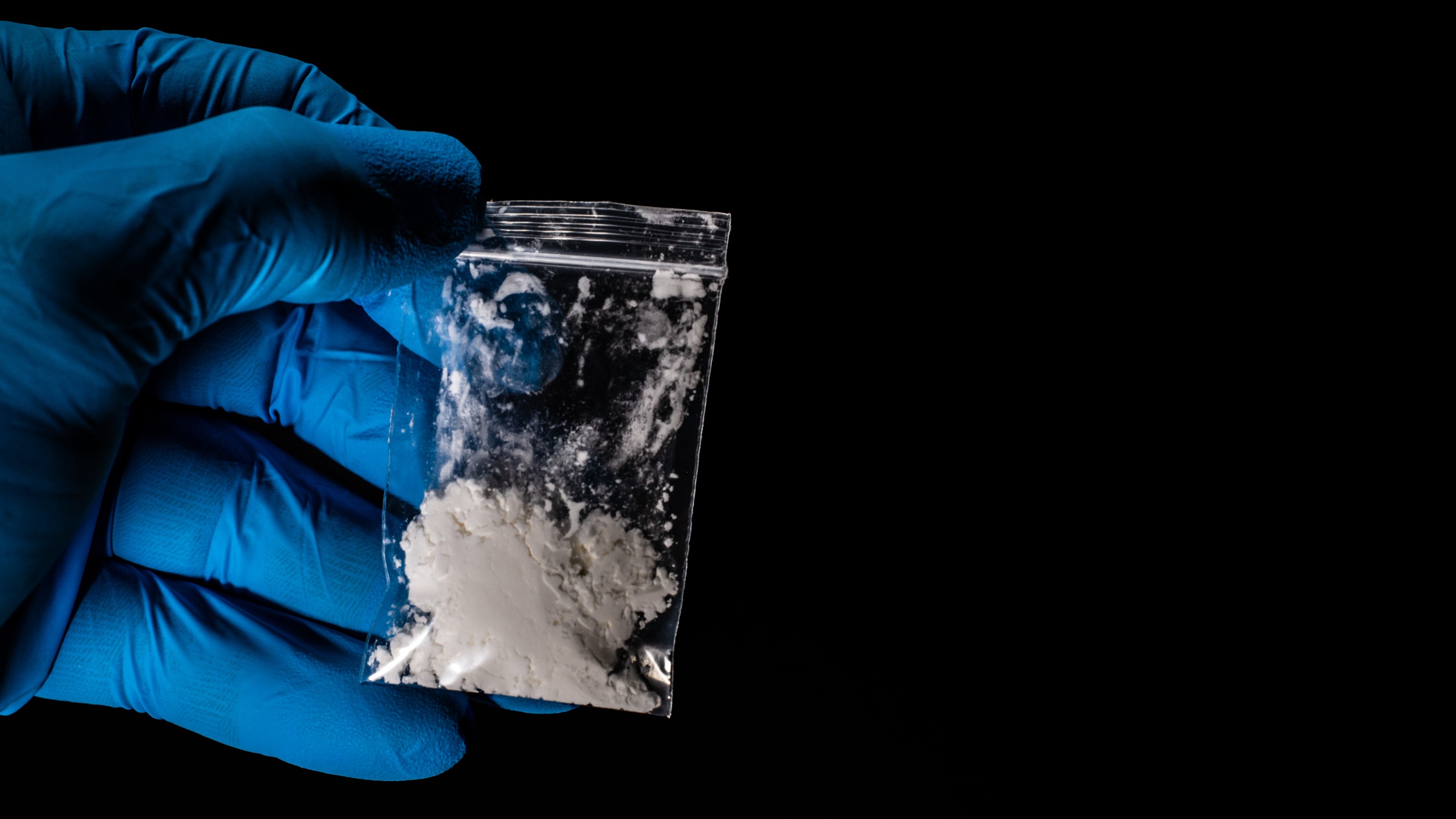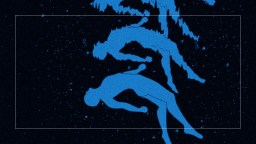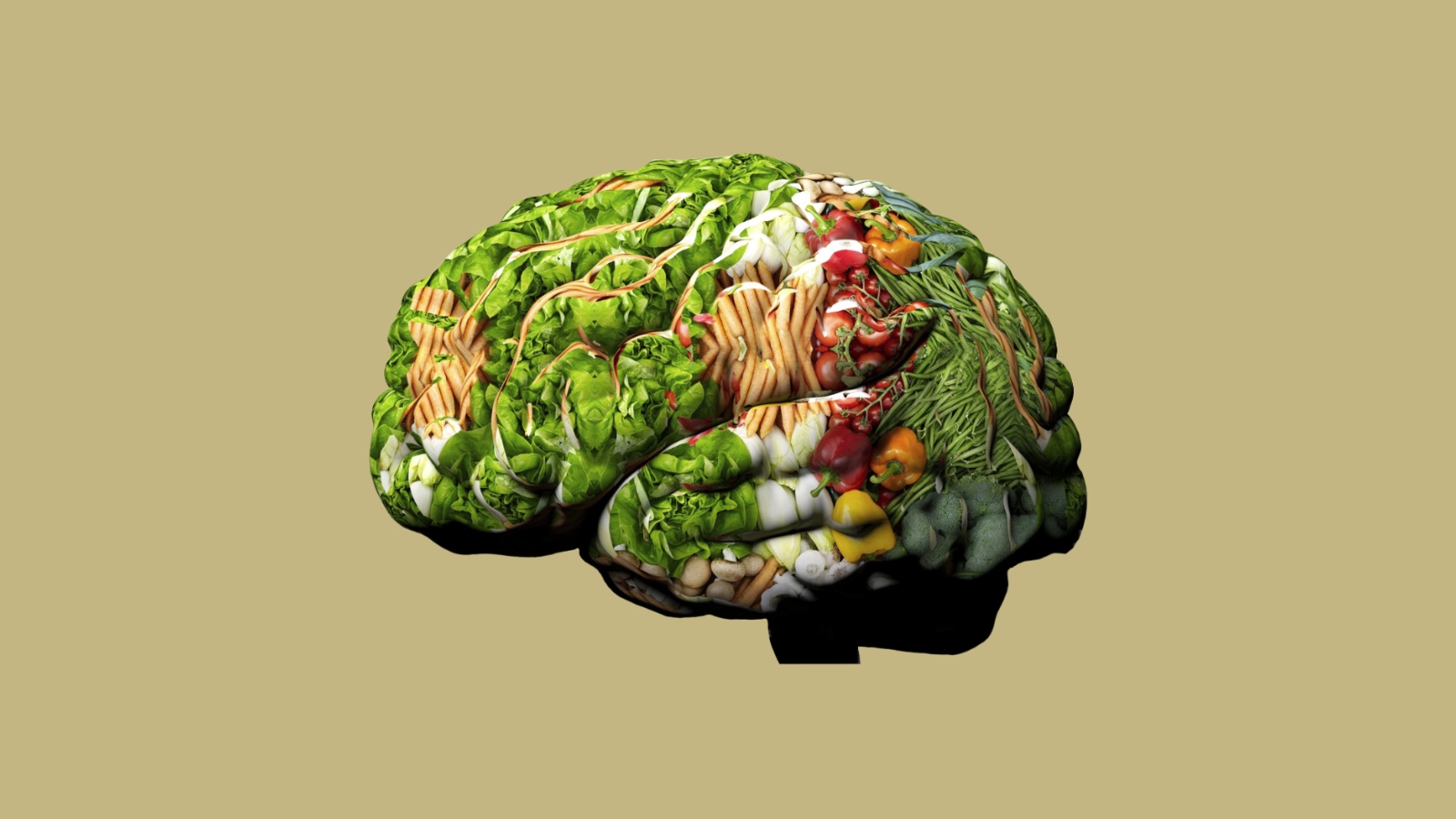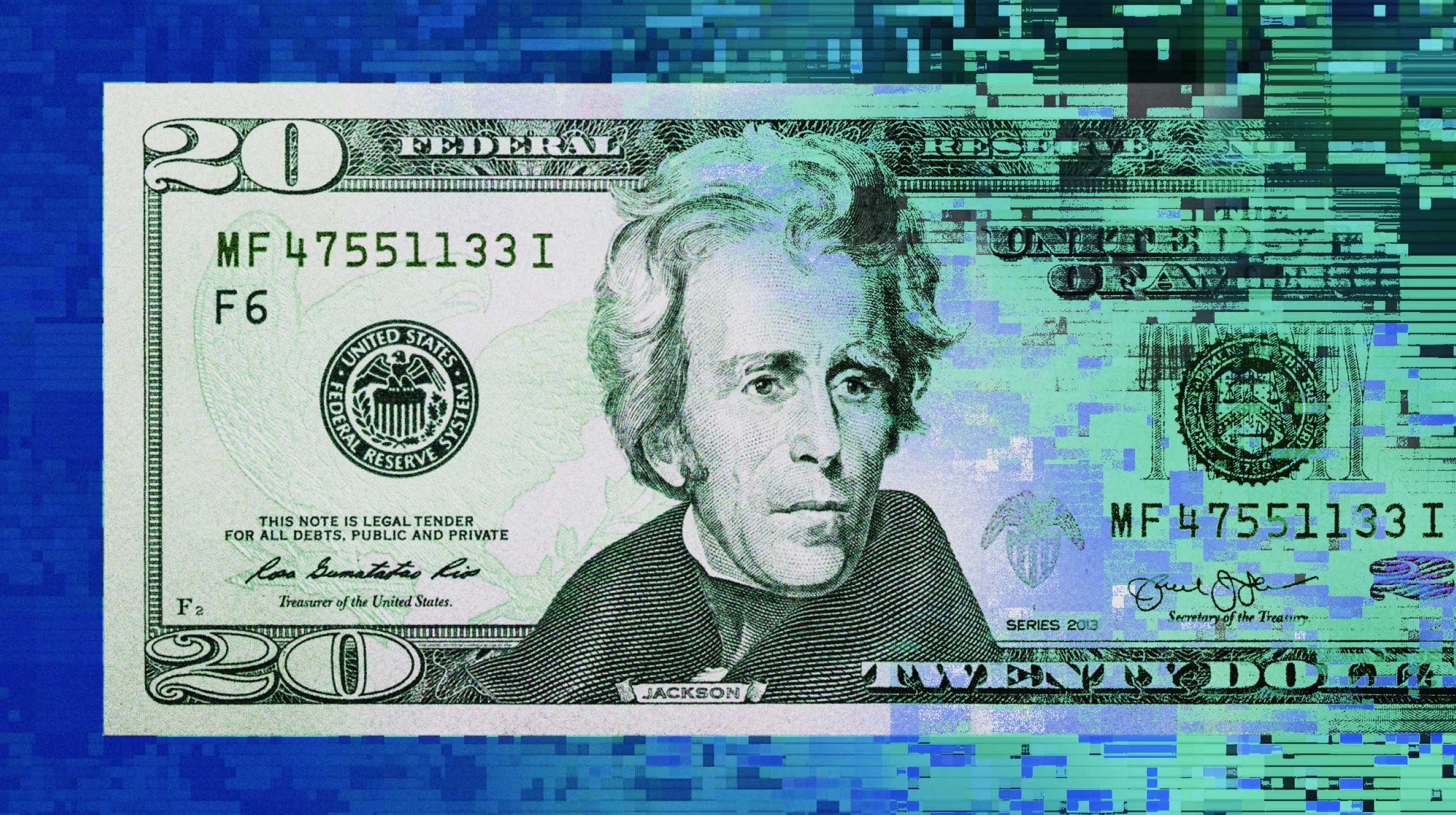psychology
If your inner voice is cruel, try these steps to reclaim your mind.
▸
7 min
—
with
Philosopher Slavoj Žižek argues that we often don’t truly want to obtain what we think we desire.
What you see is what you hear.
Our impulse to seek out agreement is stifling us, says world debate champion Bo Seo.
▸
4 min
—
with
The research could aid the development of more effective treatments for conditions such as post-traumatic stress disorder (PTSD).
Sight helps you see a room, but interoception lets you sense it from inside your own body.
We all see beauty the same way.
Think via Bayes’ rule to become more rational and less brainwashed.
▸
4 min
—
with
What doesn’t kill you makes you stronger. That old adage roughly sums up the idea of antifragility, a term coined by the statistician and writer Nassim Taleb. The term refers […]
Fathers’ brains adjust their structure and function to parenthood.
“Kids are always asking two questions of parents: ‘Am I safe?’ and ‘Am I real?'”
Eyes with lower pigment (blue or grey eyes) don’t need to absorb as much light as brown or dark eyes before this information reaches the retinal cells. This might provide light-eyed people with some resilience to SAD.
“My dad asked me if I had been to tutoring and I lied… Then he showed me the tablet.”
Between the instability of the real estate market and cryptocurrency fluctuations, everyone has been talking about bubbles. But what are they, really?
This scientist collected thousands of secrets. They all had 3 things in common.
▸
7 min
—
with
Terrified of blushing? You might have erythrophobia.
Buddhism has rules for slaying your enemies. But the real surprise is finding out who your enemies actually are.
Carl Jung was one such person.
Psychologists are finding that moral code violations can leave an enduring mark — and may require new types of therapy.
“In our studies, people who are more intelligent don’t mind wander so often when the task is hard but can do it more when tasks are easy.”
You only have 4,000 weeks of life. Use them wisely.
“All moments past, present, and future, always have existed, always will exist.”
The larger truth on the streets is that no one uses just one drug anymore.
A psychiatrist studied 1,000 near-death experiences. Here’s what he discovered.
▸
7 min
—
with
“Downward counterfactual thinking” — that is, imagining how things could be worse — is a quick and easy way to boost your well-being and gratitude.
The findings contradict a widespread belief.
Metabolism and mitochondrial functioning seem to have far more to do with mental health than many people might expect.
The history of money is a history of convenience, and spending has never been easier than it is today.
You don’t have to be an emperor to apply these rules to daily living.


